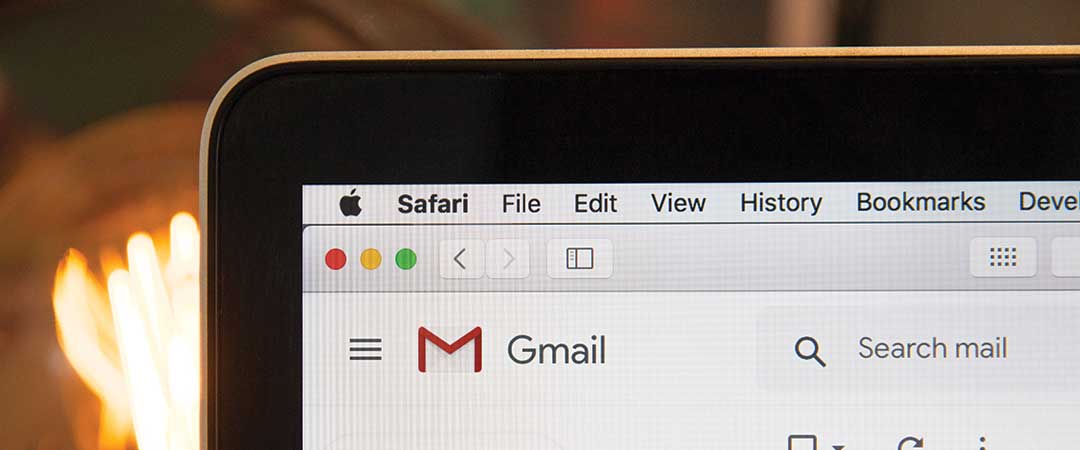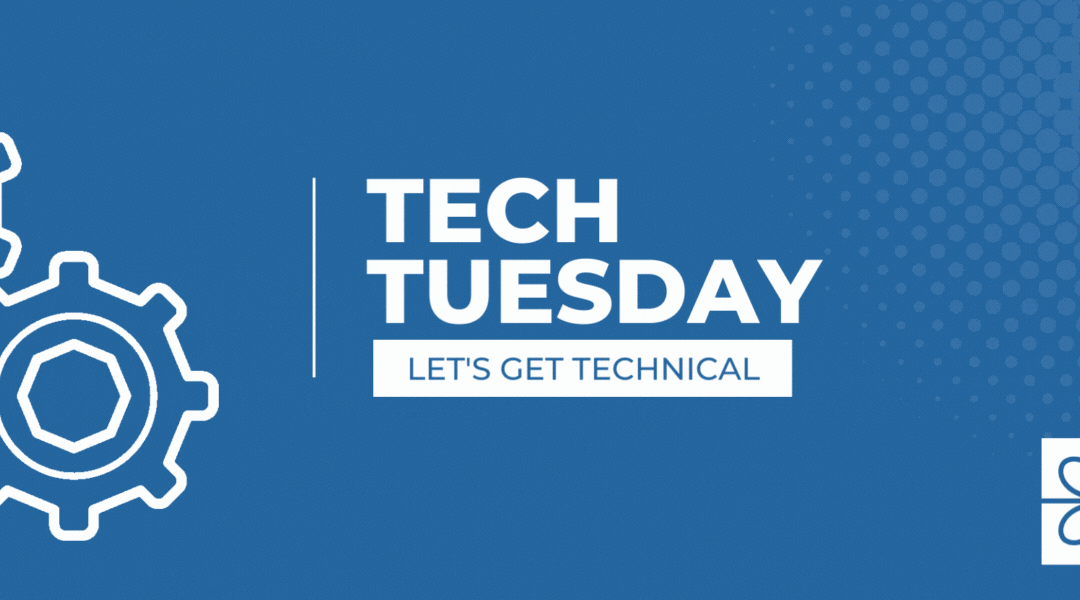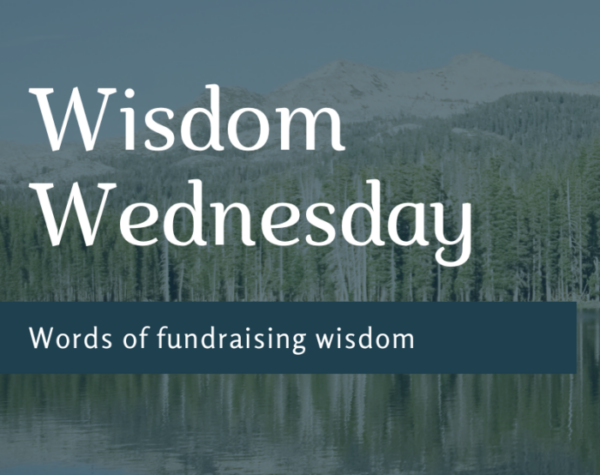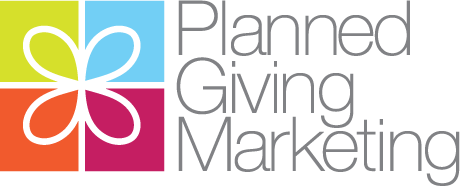10 Tips for Email Marketing for Planned Giving Programs
As part of a broad-scope multi-channel marketing strategy, email marketing for planned giving is a timely and cost-effective way to keep your organization in the hearts of your donors, especially your most loyal ones.
Email marketing offers an opportunity to inform, enlighten, educate, and connect with your most enthusiastic loyal donors. It’s a critical piece of your multi-channel planned giving marketing strategy.
Planned giving emails are a fantastic way to recap the information your donors read in your postcard or appeal letter, and yet another opportunity to keep your message on the top of their mind.
But how do you write the most effective email for planned giving donors?

Follow these 10 tips for email marketing for planned giving:
1. DESIGN
Design email for planned giving with smart phones in mind. Clean layout with crisp photos works best. We test our emails on smartphones, laptops, and tablets to make sure the content automatically resizes to the user’s screen.
2. TELL THEM WHO IT’S FROM
The organization’s name should be in the “From” field. If you use only a person’s name, your reader might delete the email because they don’t recognize it as something familiar.
3. SUBJECT LINE
Think “less is more.” Limit your subject lines’ length to 20-30 characters. Spark intrigue, curiosity and a fast “win.” Use engaging language, numbers (“7 ways to . . .”) and open-ended questions. If you use a yes/no questions, a person has no incentive to open it when the answer to the question is no.
4. CONTENT
There are no rules to the length of an email. If you have very engaging content, readers will stay with you to the end. But, for traditional, letter-style emails, it is important for your content to focus only on one topic.
5. NEWSLETTER EMAILS
While regular emails work best with one unified topic, newsletter emails allow you to “tease” readers. The advantage to this type of email is that you can analyze the response of your readers and identify the type of content that gets the most attention. Typically 3-4 topics of fewer than 60 words with “read more” links encourage the reader to visit your website or landing page for more interaction.
6. CTA
The Holy Grail of email marketing is the Call to Action. It could be to call, email, click a link, fill out a form . . . these all work. Just make sure it’s a firm call-to-action and it’s clear what happens when they TAKE that action.
7. FREE GIFTS
One effective tool to use in planned giving emails is to give something away for free. A free offer gets more people to open email. Whether it’s an exclusive piece of news, an offer, a download, or a special benefit from your organization, the reward benefits both you and them in terms of building loyalty.
8. TIMING
A lot has been written on the best time to send an email. But the truth is, the best time depends on your audience and on what you’re asking someone to do. (The CTA). For example, if you want someone to read an article, it might be best to send email very early so they’ll look at it while they peruse while they’re still in bed. If you want someone to sign up for an event, it might be better to send it later at night when they’re more relaxed after a long day. Test different times of the day and different days so you learn what’s best for your organization.
9. EXPANDING YOUR LIST
Encourage donors to invite you to their inbox. When you call or visit a prospect or donor, ask for their email with a promise to send them valuable information. And always include a place on any response mailer where donors can add their email. When they supply their email, they give you opt-IN permission.
10. KEEP IT CLEAN
Typically, 30% of email addresses become unreachable within a year, so make it habit to keep your lists updated and healthy.

70 ½ vs. 73?
70 ½ vs. 73? We’ve been hearing some confusion from a lot of clients around the age split of 70 ½ vs. 73 for gifting from an IRA. Which is the correct age? What are the rules around each age? When it comes to marketing this great gifting strategy, the problem is both...

Wisdom Wednesday – Are you 85?
Are you 85? I didn't think so ...We've talked about the mindset of our most senior donors in the past. And we'll most likely talk about it forever. Why? None of us know what it's like to be 85 - unless we're 85.We've all been 16 before. Most of us have even recovered...

Generational Marketing – Traditionalists
Generational Marketing - TraditionalistsTraditionalists include those aged 77+ and will be a key group when it comes to your planned giving outreach.Learning how to communicate with this portion of the population is important for your success. Discovering the nuances...
Tech Tuesday – IRS Discount Rate
IRS Discount Rate With the signing of the Consolidated Appropriations Act of 2023 and the provision referred to as Secure 2.0, there is newfound interest around Charitable Gift Annuities* (CGAs). Because of this we’re all becoming reacquainted with the IRS...
